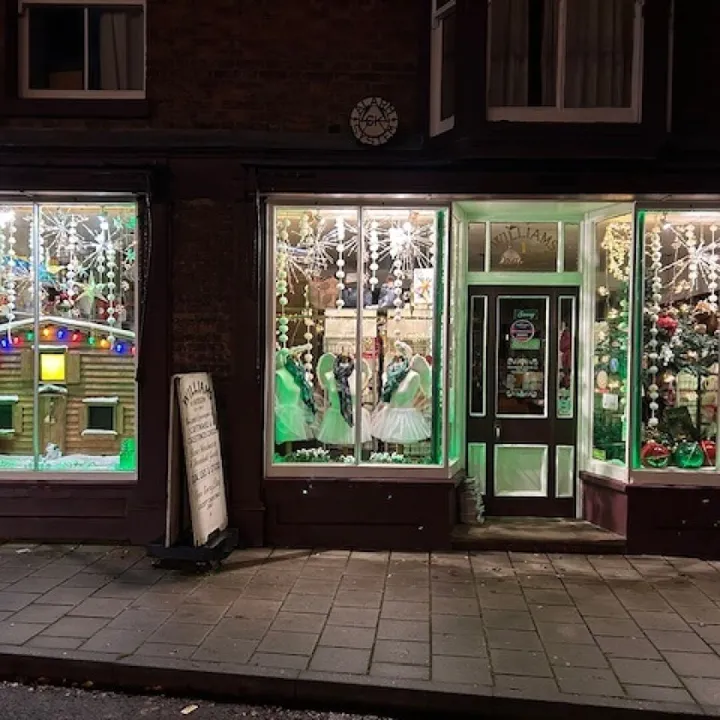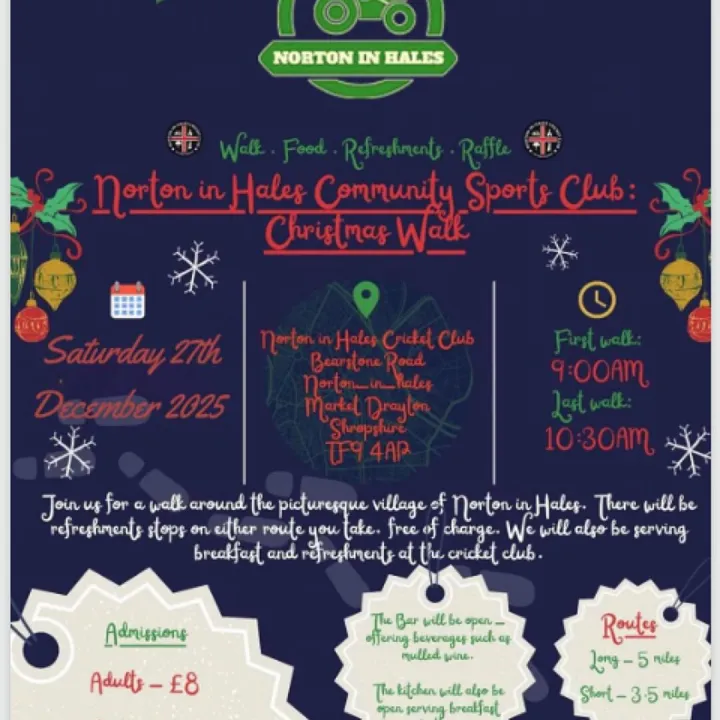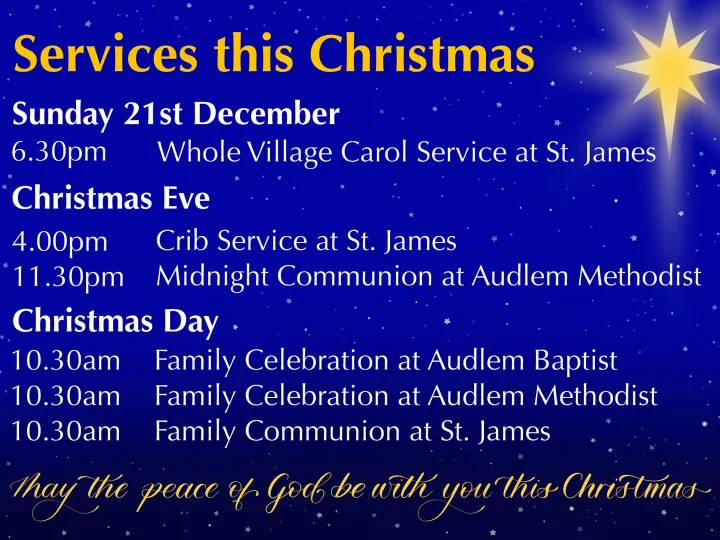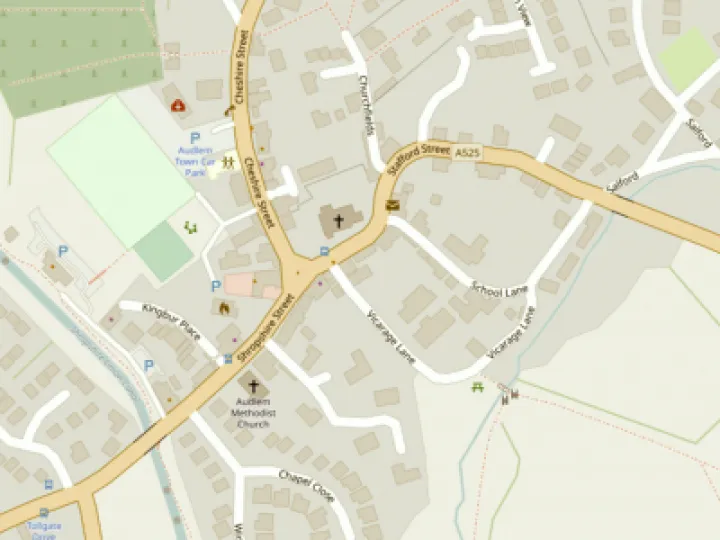







Halloween (or Hallowe'en (a contraction of Hallows' Evening), also known as All Hallows' Eve, or All Saints' Eve, is a celebration observed in a number of countries on 31st October, the eve of the Western Christian feast of All Hallows' Day. It begins the three-day observance of Allhallowtide, the time in the liturgical year dedicated to remembering the dead, including saints (hallows), martyrs, and all the faithful departed.
Many Halloween traditions may have originated from ancient Celtic harvest festivals, particularly the Gaelic festival Samhain; that such festivals may have had pagan roots; and that Samhain itself was Christianized as Halloween by the early Church.
Halloween activities include trick-or-treating, costume parties, carving pumpkins into jack-o-lanterns, lighting bonfires, apple bobbing, divination games, playing pranks, visiting haunted attractions, telling scary stories, and mainly watching horror films.
In many parts of the world, the Christian religious observances of All Hallows' Eve, including attending church services and lighting candles on the graves of the dead, remain popular, although elsewhere it's more of a commercial and secular celebration. Some Christians historically abstained from meat on All Hallows' Eve, a tradition reflected in the eating of certain vegetarian foods on this vigil day, including apples, potato pancakes, and soul cakes.
In Ireland and Scotland the turnip was traditionally been carved during Halloween, but the pumpkin. popularised by immigrants to North America, is both much softer and larger. This makes it easier to carve than a turnip, which never really caught on. The tradition of carving pumpkins is first recorded in 1837 and it went on to become the go-to carving vegetable of choice for Halloween to this day.
Trick-or-treating is a customary celebration for children on Halloween. Children go in costume from house to house, asking for treats such as sweets, with the question, "Trick or treat?" The word "trick" implies a "threat" to perform mischief on the homeowners or their property if no treat is given. The practice is said to have roots in the medieval practice of soulingwhich was practiced in England up until the 1930s; Souling on Halloween involved groups of soulers going from parish to parish, begging the rich for soul cakes, in exchange for praying for the souls of the givers and their friends.
This article is from our news archive. As a result pictures or videos originally associated with it may have been removed and some of the content may no longer be accurate or relevant.
Get In Touch
AudlemOnline is powered by our active community.
Please send us your news and views using the button below:
Email: editor@audlem.org





